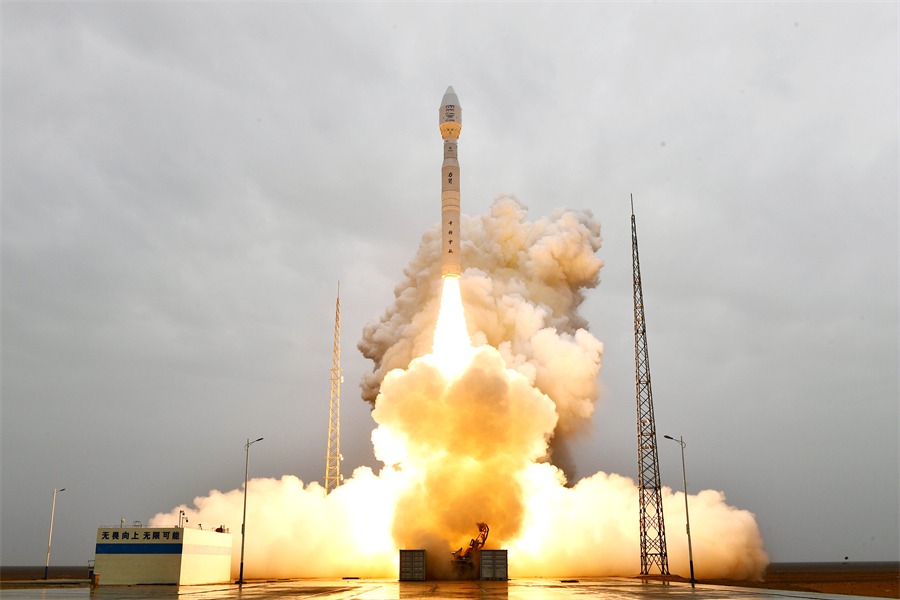New regulations to help protect State secrets
Rules set out for implementation of revised law targeting data security and espionage

China is ramping up its efforts to protect State secrets via a recently revised law that emphasizes technological self-reliance and data security.
New regulations, outlined by the State Council earlier this week in a set of rules for implementing the revised Law on Guarding State Secrets, aim to safeguard national interests amid growing concerns over data theft and espionage.
Officials from the Ministry of Justice and the National Administration of State Secrets Protection emphasized the increasing digitization and networking of State secrets, noting that the risks of leaks and thefts have become more diverse and hidden.
"The struggle between theft and anti-theft has gradually evolved into a competition and confrontation in scientific and technological capabilities," they said when introducing the new rules.
The 74-article regulations, which will take effect on Sept 1, mandate that government departments responsible for managing State secrets at the provincial level and above should prioritize self-innovation in science and technology, focusing on research into key technological products. The rules also call for rewarding organizations and individuals who achieve advances in confidentiality-related technological research, while continuously enhancing the security of confidential products and technologies to prevent leaks.
Regular risk assessments are required for the operation, maintenance, usage and management of information systems and equipment to ensure security and reliability. If significant defects or major risks of information leakage are identified, remedial measures such as halting sales or recalling products should be promptly implemented.
To address data security, the regulations strengthen the management of online information and data confidentiality, aiming to mitigate leakage risks in the big data era. Internet operators are ordered to establish systems to expose and handle violations of the confidentiality law, including setting up channels for receiving reports and devising emergency plans in the event of leakage of secrets.
The rules also call for strict checks and management of personnel engaged in confidential work and specify different State secret leakage scenarios in public institutions. Responsible personnel will be held accountable and punished for violating related laws.
The revised regulations are part of a broader overhaul of the State secrets law, which was adopted by the Standing Committee of the National People's Congress, China's top legislature, in February and took effect on May 1.
The law was amended to better address new security challenges both domestically and internationally, providing stronger legislative support to consolidate the firewall against risks and upgrade the national security system.
caoyin@chinadaily.com.cn
- Record-low rainfall triggers early diversion projects in Gansu
- Zhejiang offers subsidies for smart device purchases
- Beijing court praised for arbitration efforts
- Tea Day event brews global cultural exchange in Beijing
- Sichuan official faces probe for suspected discipline and law violations
- China invites overseas payload proposals for Mars sample return mission





































